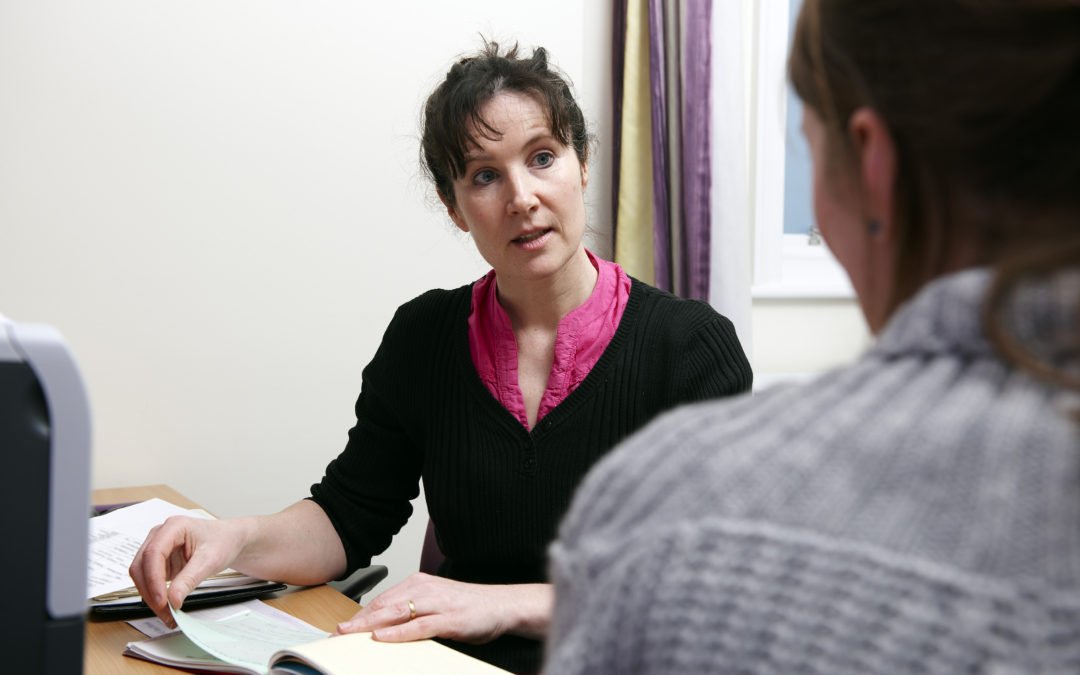New joined-up teams, that form part of a transformative health and social care programme being piloted in Sunderland, are getting the thumbs up from people in the city.
Recently formed Community Integrated Teams (CITs), which are based in five locations across Sunderland, are bringing together groups of professionals including district nurses, community matrons; general practitioners, practice nurses, social care professionals, Age UK Living Well Link workers and carers’ support workers – to provide an effective, high quality and coordinated response to the most vulnerable people with the most complex needs, with the aim of keeping them out of hospital.
With multi-disciplinary teams (MDTs) based at Bunny Hill Primary Care Centre; Riverview Health Centre; Houghton Health Centre; Grindon Lane Primary Care Centre and Washington Primary Care Centre, the new CITs mean that some of the most unwell people in the city can be supported by one team of people, who share information and work together to provide a care package that best supports the person’s health, social and emotional needs.
The MDTs are part of a wider programme called All Together Better, also known as a vanguard programme, which is designed to pilot new models of care that will help tackle the challenges faced by the NHS in certain areas of the country. If successful, the ambition is that other areas of the country will follow the lead of vanguard sites and change the way they deliver care.
Dr Fadi Khalil, who is a GP at Broadway Medical Practice, as well as a Sunderland CCG executive and clinical lead, said: “The All Together Better programme aims to ensure that the support we offer to vulnerable people in the city is as effective as possible – care that is wrapped around their needs and allows them to live at home, as independently as they can.
“One key part of this is community based care – therefore the new CITs are based across the city, ready to offer care to people on their doorstep. Not only does this mean care can be more responsive, but it also means that professionals from different disciplines, who were once based in different places across the city, are now working together, from shared bases, allowing them to quickly share updates and focus their care more effectively on their patients.”
The new teams mean that patients only need to tell their story once, and know that health and social professionals will be assembled around them, based on their own individual needs. It also means duplication of work can be avoided, which can be costly to the NHS.
At the heart of this process are the city’s GPs, who lead clinical decision-making to ensure that the medical, social and emotional needs of their patient are taken into account. GPs are also able to highlight patients who may benefit from CIT support in the regular MDT meetings, meaning the care the teams provide is targeted to those who need it most.
Sunderland GP Alliance – a collective of Sunderland GP Practices that are working in partnership – has collected figures, showing that more than 1,500 person-centred health and social care plans and more than 650 emergency health care plans have been put in place since the new CITs were put in place.
